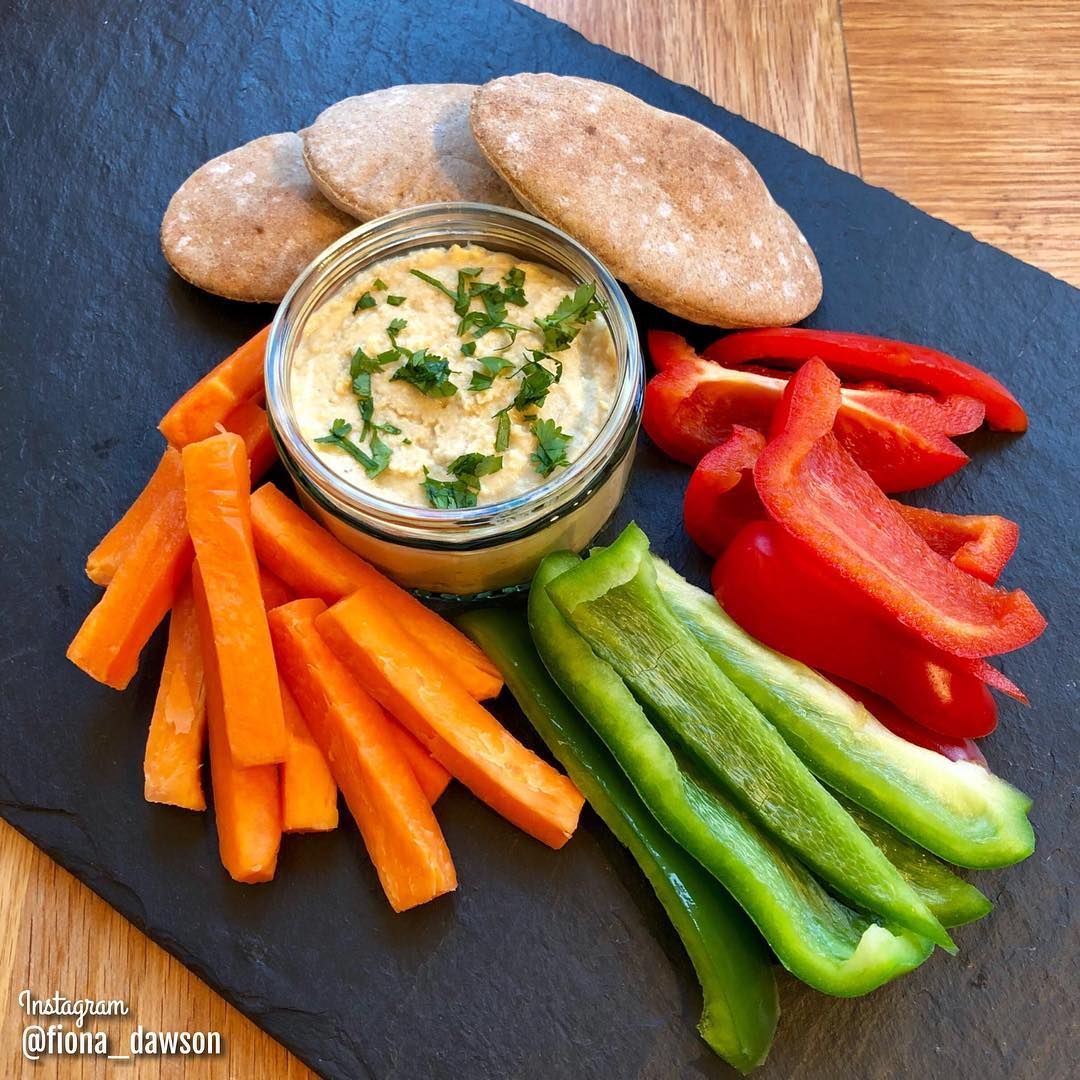
Title: Understanding the Correct “Hummus” Spelling in the UK – A Complete Guide to the Word, Origins, and Usage
When it comes to delicious Middle Eastern dips, hummus has become a staple in kitchens and restaurants across the world — especially in the UK. But if you’ve ever been puzzled by the different spellings of this creamy chickpea spread, you’re not alone. From “hummus” and “houmous” to “humus” (which confusingly refers to soil), the question of “hummus spelling UK” continues to stir debate among food enthusiasts, linguists, and even grocery shoppers.
In this comprehensive guide, we’ll explore how hummus is spelled in the UK, the origins of the term, why the spelling varies, and what the preferred form is according to British usage.
1. What Is Hummus?
Before diving into spelling variations, let’s understand what hummus actually is.
Hummus is a creamy dip made primarily from chickpeas (garbanzo beans) blended with tahini (sesame seed paste), olive oil, lemon juice, and garlic. Originating from the Middle East, this dish has been enjoyed for centuries in countries like Lebanon, Israel, Palestine, Syria, and Egypt.
The word itself comes from the Arabic “ḥummuṣ,” meaning “chickpeas.” That origin directly explains why the spelling variations exist — the term had to be adapted into English from Arabic script, which doesn’t have a direct letter-for-letter translation.
2. The Common Spellings: Hummus vs. Houmous
Now, let’s look at the two most frequently seen spellings:
- Hummus
- Houmous
Both spellings refer to the same thing — the beloved chickpea dip. However, their usage differs by region and even by brand.
Hummus (American and Global Usage)
The spelling “hummus” is the most widely recognized form internationally. It’s the preferred spelling in the United States, in global recipe books, and in most international food brands. When you see imported Middle Eastern or American products in UK supermarkets, they often use “hummus.”
Houmous (British Usage)
In contrast, “houmous” has traditionally been the British spelling. Many UK supermarkets, especially British-born brands like Tesco, Waitrose, and Sainsbury’s, have used “houmous” for decades. This spelling is based on French transliteration influences, as French often represents the “u” sound with “ou.”
So, when it comes to “hummus spelling UK,” the most common traditional form is actually “houmous.”
3. Why Two Spellings Exist
The existence of two main spellings comes down to linguistic transliteration — the process of converting words from one alphabet to another.
Arabic doesn’t use the Latin alphabet, so words like “ḥummuṣ” must be approximated when written in English. Different cultures and languages adapted it differently based on how it sounded to their ears:
- In American English, the “hu” sound became “hummus.”
- In British English, influenced by French transliteration patterns, the “ou” form “houmous” became popular.
There is no wrong spelling — it’s purely a matter of convention and regional preference.
4. Which Spelling Do People Use Most in the UK?
Traditionally, “houmous” dominated the UK market. If you walked into a British supermarket in the 1990s or early 2000s, almost every package would read “houmous.”
However, in recent years, “hummus” has been rapidly overtaking “houmous.” The reasons are simple:
- Globalization of food culture has made “hummus” the international standard.
- American media and online recipes predominantly use “hummus.”
- Younger British consumers tend to search for “hummus recipes” online, reinforcing that spelling in search trends.
Today, both spellings coexist on UK shelves, but “hummus” has become more common and more accepted across the English-speaking world.
5. What Do Dictionaries Say?
According to most major English dictionaries:
- Oxford English Dictionary (OED) lists “hummus” as the main spelling, with “houmous” as a British variant.
- Cambridge Dictionary (UK) also lists “houmous” as British English and “hummus” as the alternative form.
- Collins Dictionary includes both, noting that “hummus” is increasingly popular even in the UK.
So, in short:
Preferred UK spelling historically: Houmous
Modern and globally recognized spelling: Hummus
6. Examples of UK Brands and Their Spelling Choices
Let’s look at some major UK brands and supermarkets to see which spelling they use:
- Tesco: Often uses Houmous on packaging.
- Sainsbury’s: Traditionally used Houmous, though some newer product lines say Hummus.
- Waitrose: Sticks with Houmous.
- Marks & Spencer: Frequently uses Houmous.
- Aldi & Lidl: These stores, with their more international audience, often use Hummus.
This shows that while houmous still holds its place in traditional British labeling, hummus is clearly gaining traction.
7. How the Spelling Affects Online Searches and SEO
From a digital marketing or search engine perspective, “hummus spelling UK” is an interesting case study.
- On Google UK, the majority of searches are for “hummus,” even though “houmous” remains familiar.
- Recipes, blogs, and social media posts overwhelmingly favor hummus because it’s simpler, shorter, and more universal.
- If you’re writing for an online audience — whether it’s recipes, food blogs, or supermarket product descriptions — using “hummus” is now the smarter SEO choice.
Search engines automatically recognize both spellings, but “hummus” has far higher keyword search volume and visibility.
8. The Importance of Consistency
Whether you prefer hummus or houmous, the key is consistency. In writing — especially for publications, recipes, menus, or packaging — it’s best to stick to one version throughout.
If your audience is primarily British, houmous might appeal to tradition and local familiarity. But if you want to reach an international audience, hummus ensures clarity and broader understanding.
9. Fun Facts About Hummus
To appreciate this simple yet iconic dish, here are some interesting facts that go beyond its spelling:
- Ancient Origins: Hummus is believed to have been made as early as the 13th century in the Middle East.
- Nutritional Powerhouse: Rich in protein, fiber, and healthy fats, hummus is a favorite among vegetarians and vegans.
- Cultural Symbol: In countries like Lebanon and Israel, hummus isn’t just food — it’s a symbol of national pride.
- Varieties: In the UK, you can now find versions like red pepper hummus, beetroot hummus, and even chocolate hummus.
Despite its regional spelling debates, hummus unites cultures through flavor and versatility.
10. Summary: The Correct “Hummus Spelling UK”
So, what is the correct spelling in the UK?
| Aspect | Preferred Spelling | Notes |
|---|---|---|
| Traditional British Usage | Houmous | Older, still used by major UK supermarkets |
| Modern UK & Global Usage | Hummus | More common online and internationally |
| Dictionaries | Hummus (main), Houmous (variant) | Both accepted |
| SEO & Online Searches | Hummus | Higher visibility and global recognition |
Ultimately, both “hummus” and “houmous” are correct, but “hummus” is now more widely accepted, even in the UK.
11. Final Thoughts
Language evolves — and so do our taste buds. The question of “hummus spelling UK” beautifully illustrates how cultural exchange, migration, and globalization influence even the smallest details of everyday life.
While “houmous” carries a nostalgic British charm, “hummus” has become the universal spelling embraced by chefs, bloggers, and brands worldwide. Whether you spell it with an “ou” or not, what truly matters is that it tastes delicious spread over pita, served with veggies, or added to your favorite wrap.



















